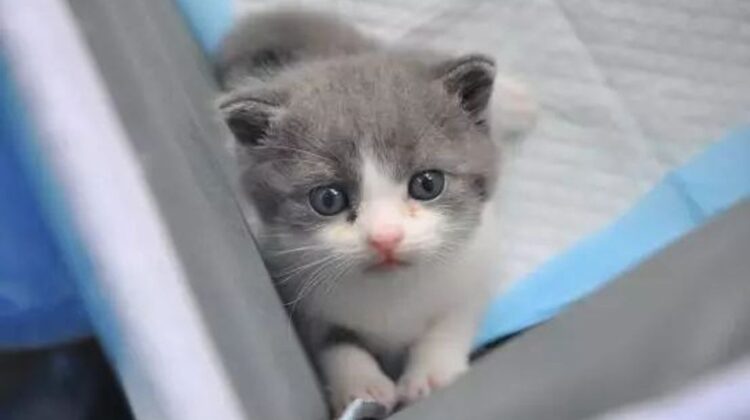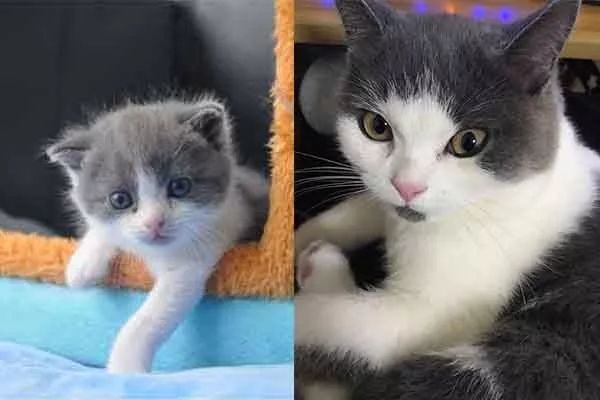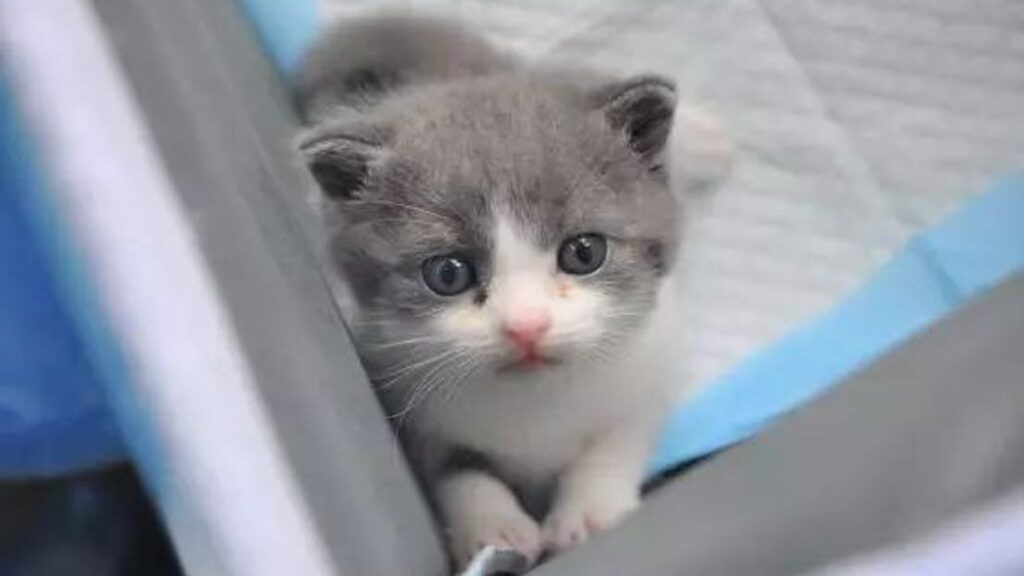
After his 2.5-year-old British shorthair named Garlic passed away, Huang Yu was sad and felt there was only one thing to do: create another one precisely like it.
Here comes Sinogene, a pet cloning business based in Beijing that has already created more than 40 companion dogs, including the first police puppy ever. There are still certain difficulties when it comes to creating feline clones via somatic cell cloning, which is a relatively new method. However, they were up to the task.
“Cats vary from most animals in their reproductive and physiological traits. Cats are one of the rare animals that induce ovulation because they do not naturally ovulate, according to veterinarian Shi Zhensheng. Their reproductive cycle is unique, therefore cloning methods are challenging. The process is difficult. China has made a significant advancement in cloning with the production of these successful cloned cats, one of the few successful cases in the world.
After almost a year of work, researchers finally succeeded in implanting an embryo into a surrogate cat, which carried the growing kitten for 66 days. On July 21, 2019, Garlic 2.0 was born naturally, and all of its genetic material came from the somatic cells of the now-deceased Garlic. Garlic is in good physical shape and behaves similarly to naturally bred kittens, according to scientists who claim to have been watching it for almost a month.

According to Agence France-Presse, the treatment cost 250,000 yuan ($35,000), but Yu claims that having his furry feline friend back was worth the money.
In an interview with the cloning company, he stated, “Its name will continue to be called Garlic because in my heart I have always thought that the cloned kitten is the continuation of its existence.”
He will grieve his original cat, who passed away from an unidentified ailment, but he finds solace in a new cat with the same DNA.
“I believe that each pet owner’s motivation for cloning their animal will differ. Each cat is a unique individual with a distinct personality, according to Yu.
According to the pet-cloning company, more than 22 million Chinese citizens kept 40 million cats as pets last year. The pet cloning industry may soon become very lucrative if even a small percentage of them are willing to spend tens of thousands of dollars to have their furry children replaced.
Chinese biologists created the first real clones of a primate species just last year when they successfully cloned two macaque monkeys. For a cool $100,000, a South Korean lab will also clone your dog. But the excitement doesn’t end there; scientists are also working to clone a woolly mammoth and a 40,000-year-old preserved foal in Siberia.
According to Sinogene, there may be more uses for domestic animal cloning, such as cloning threatened species to boost and effectively manage populations and fight illness. In the near future, the business intends to try cloning homing pigeons and equestrian animals.


Leave a Reply